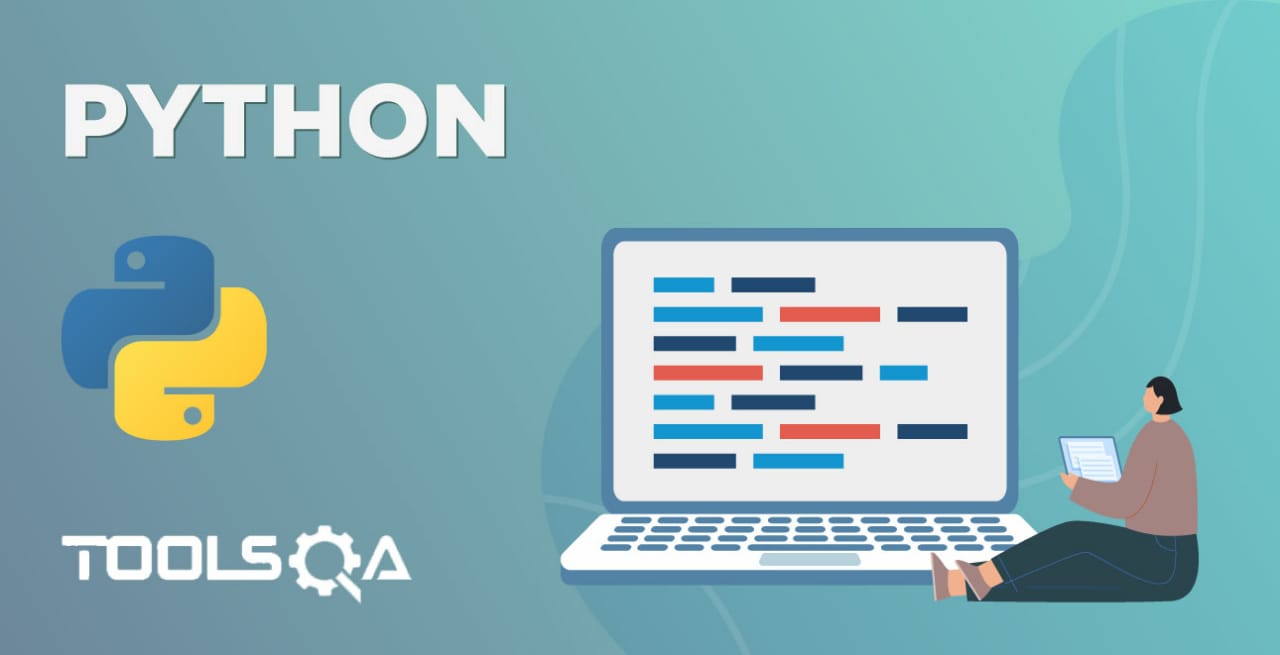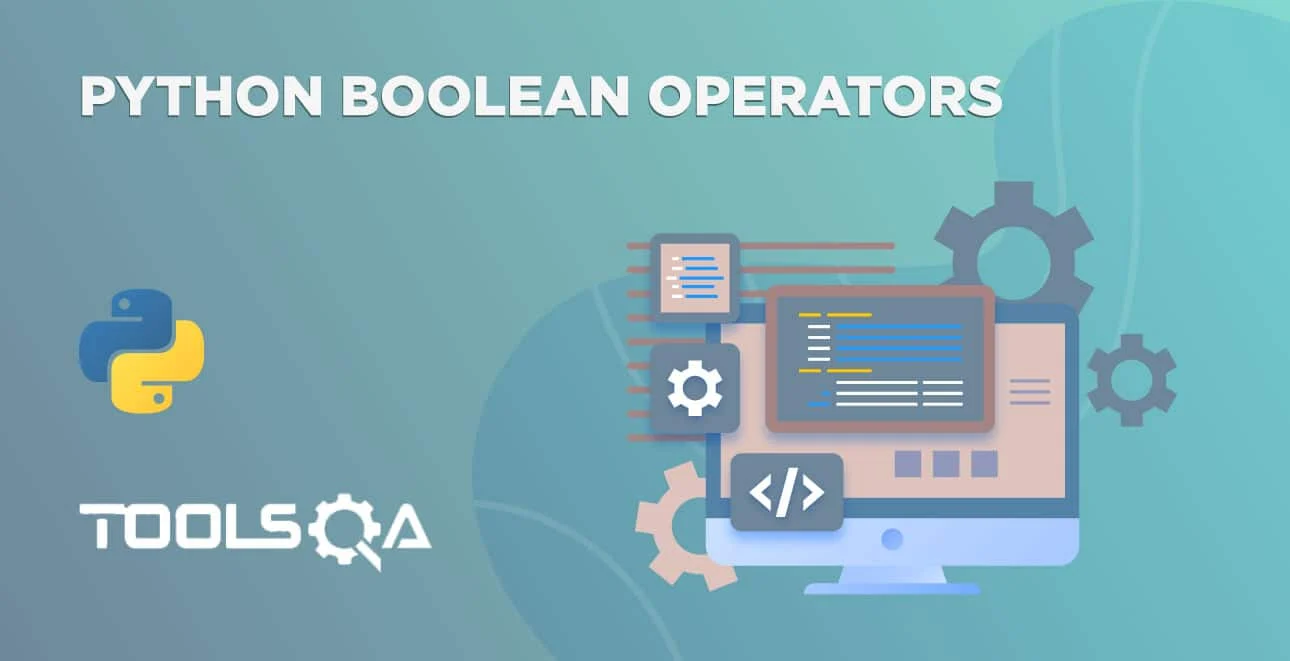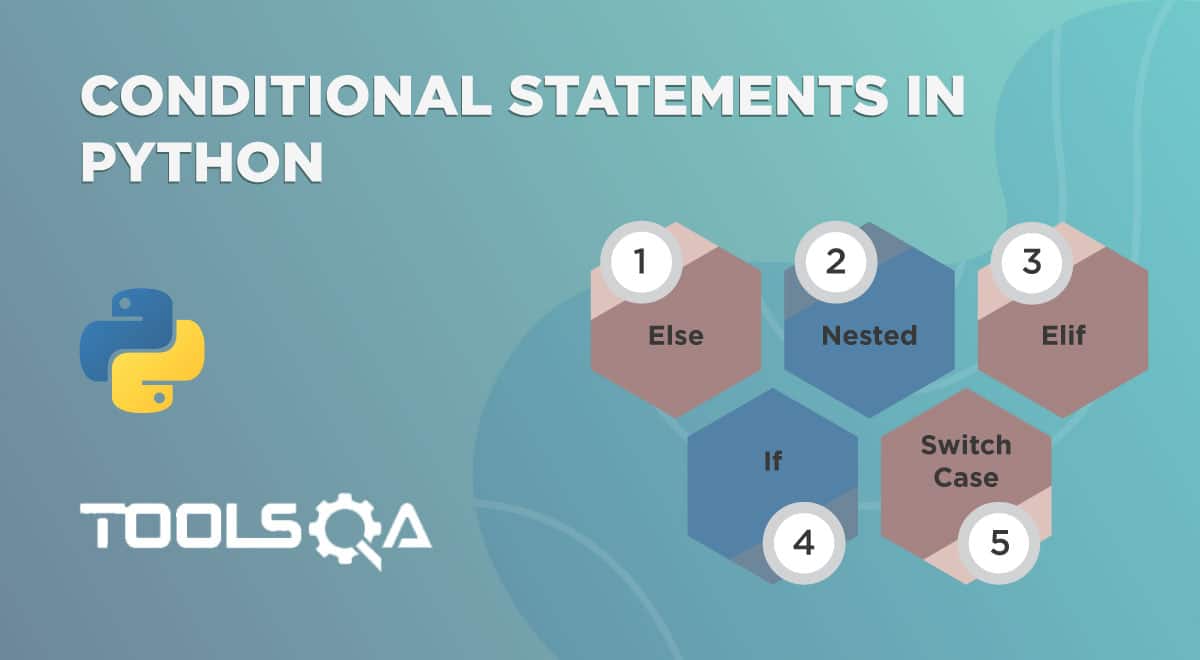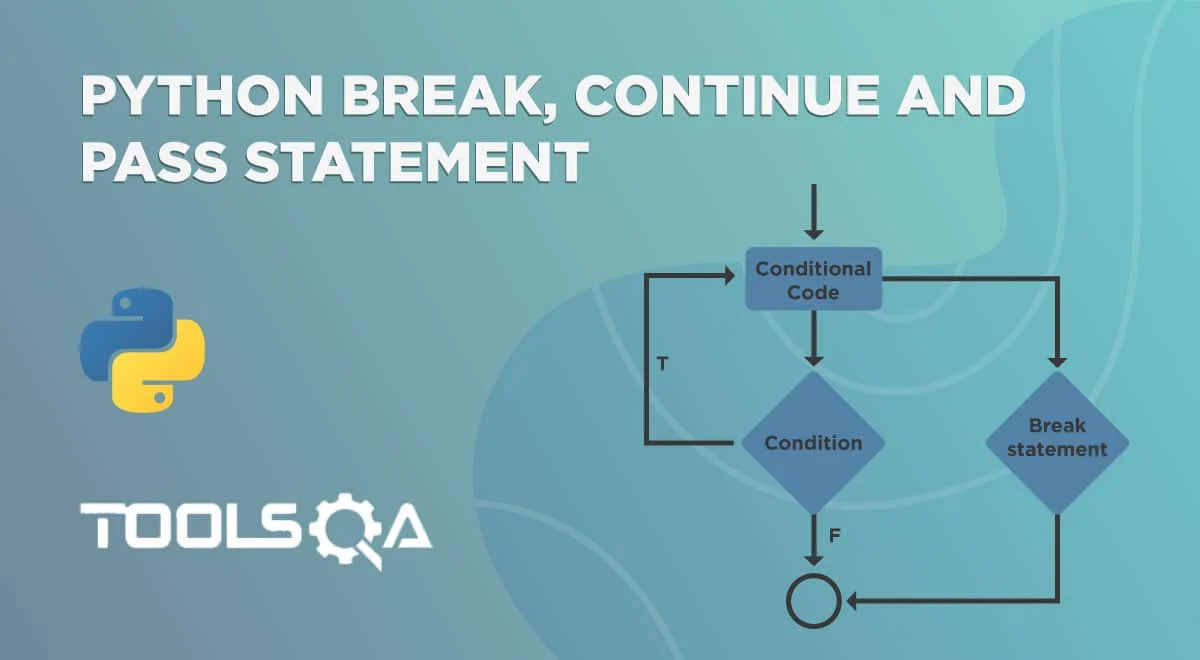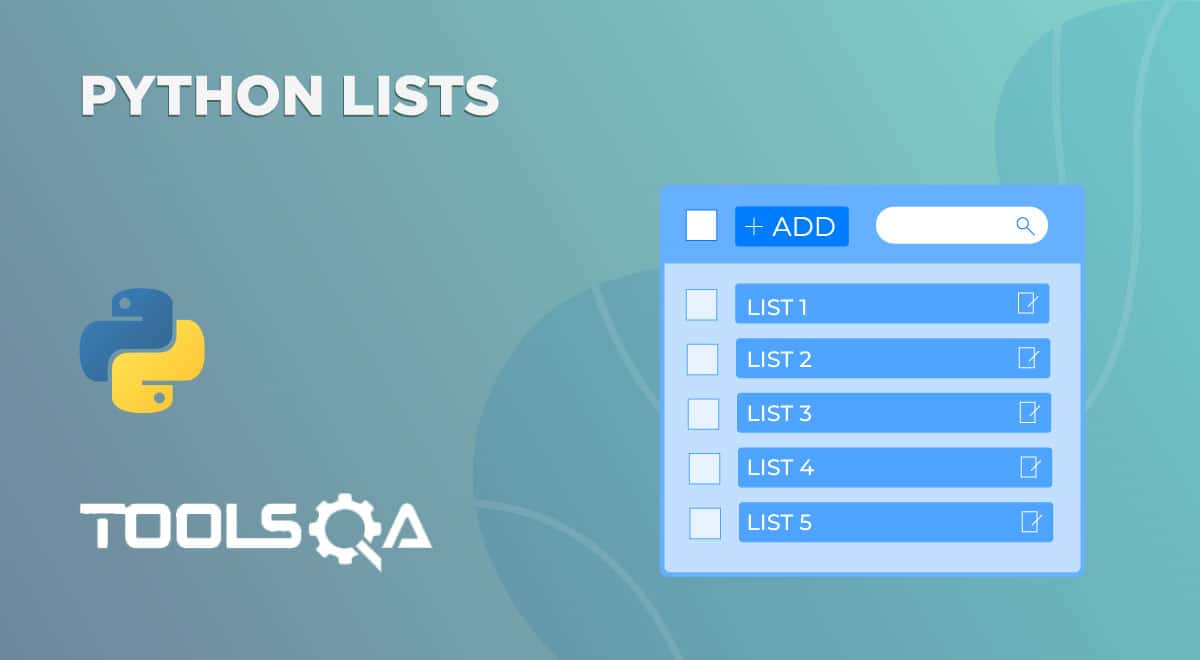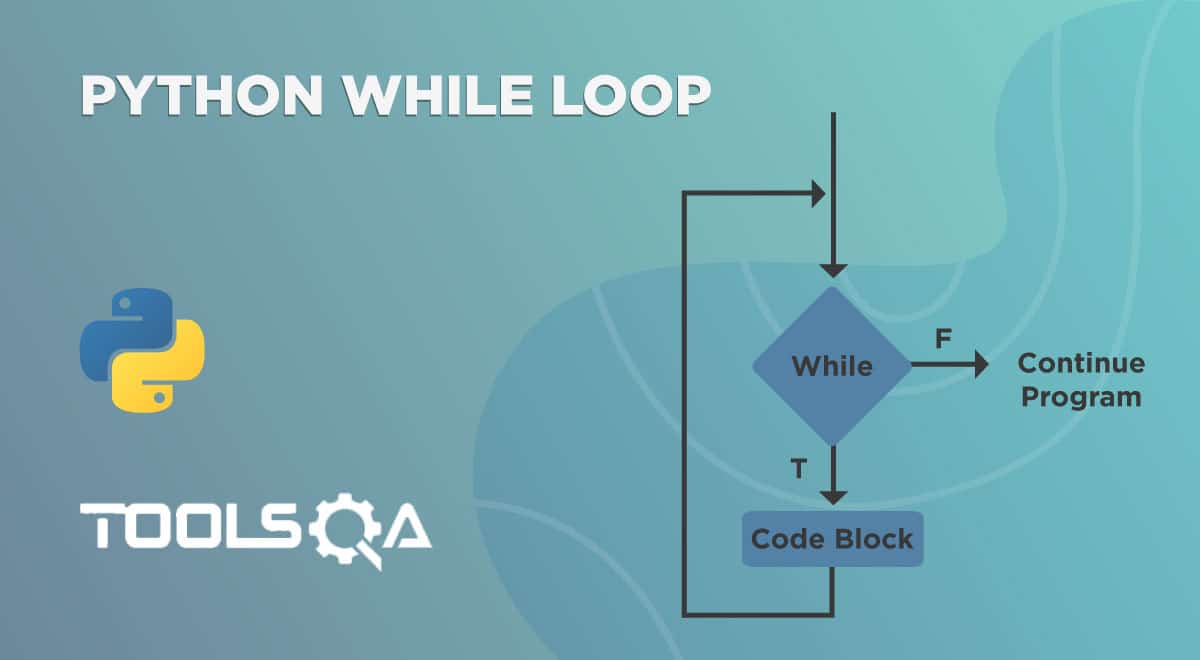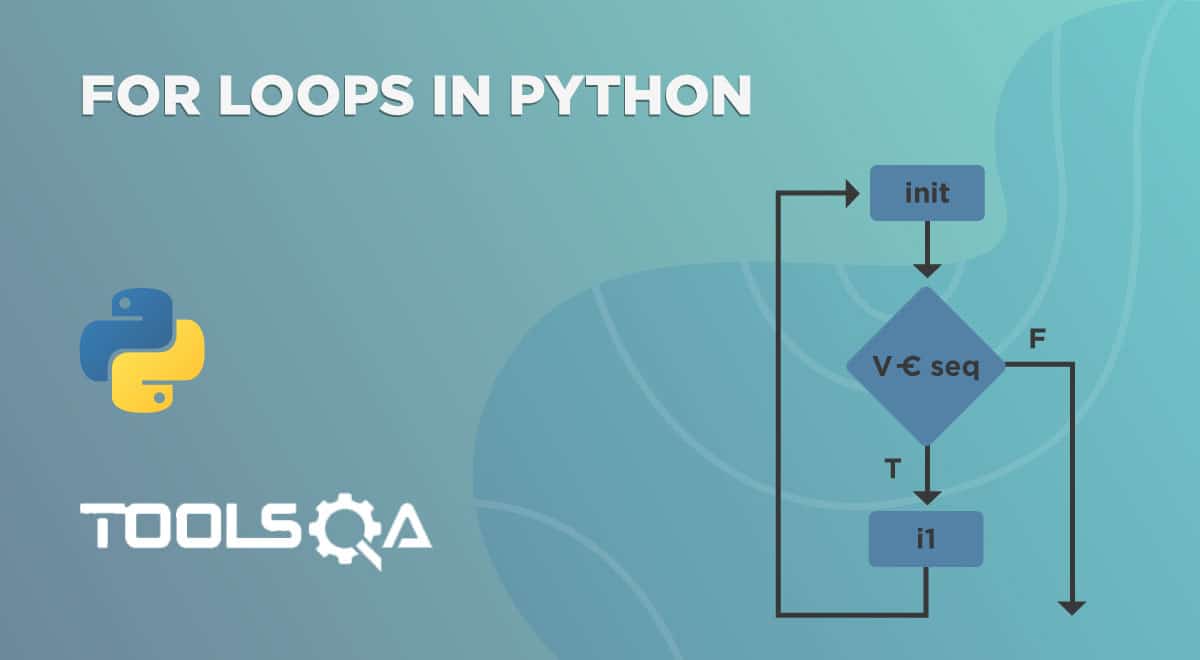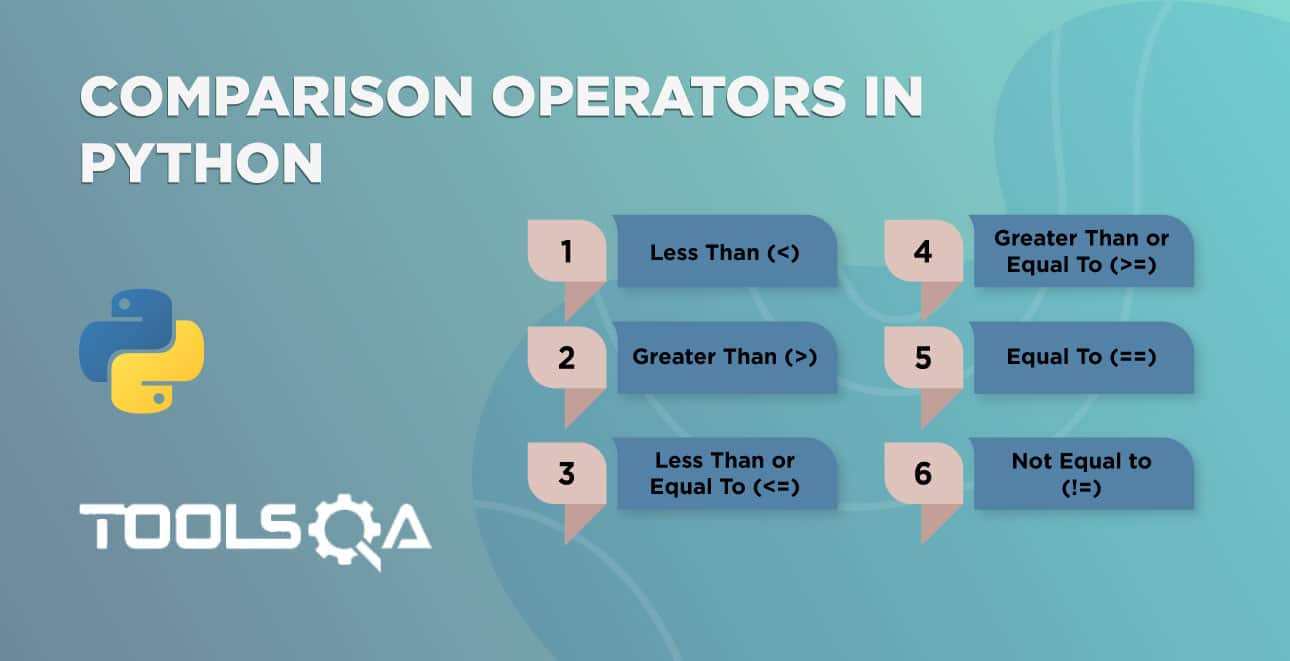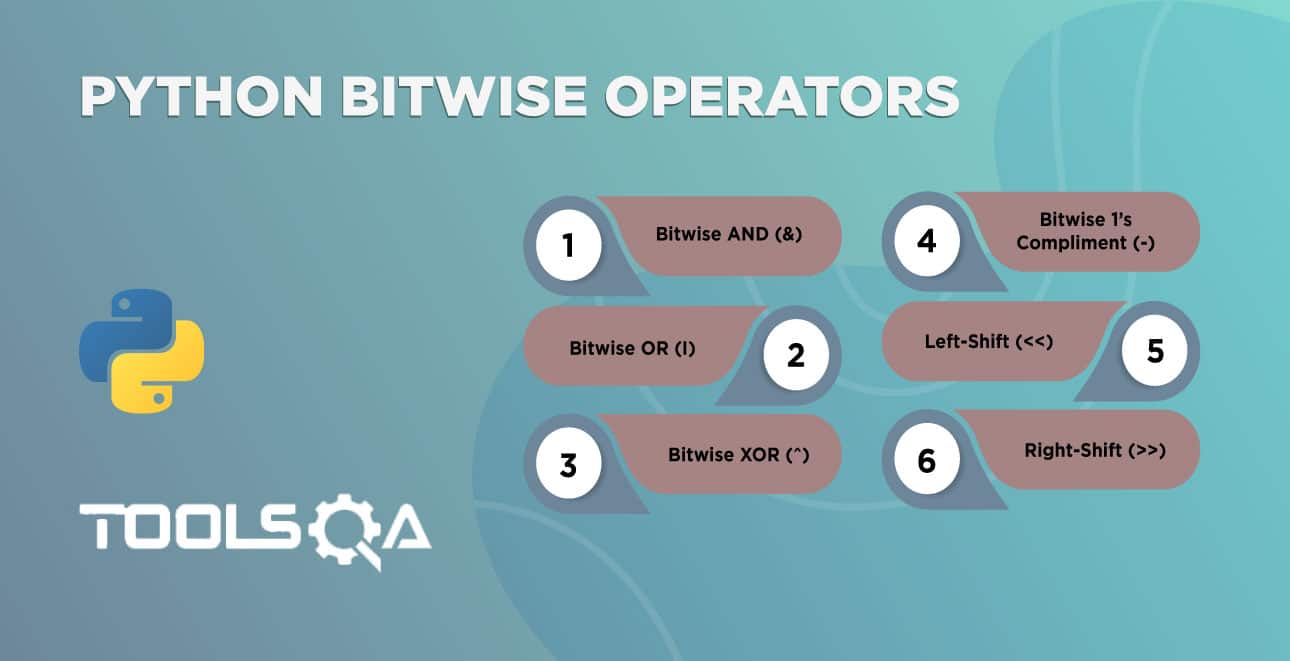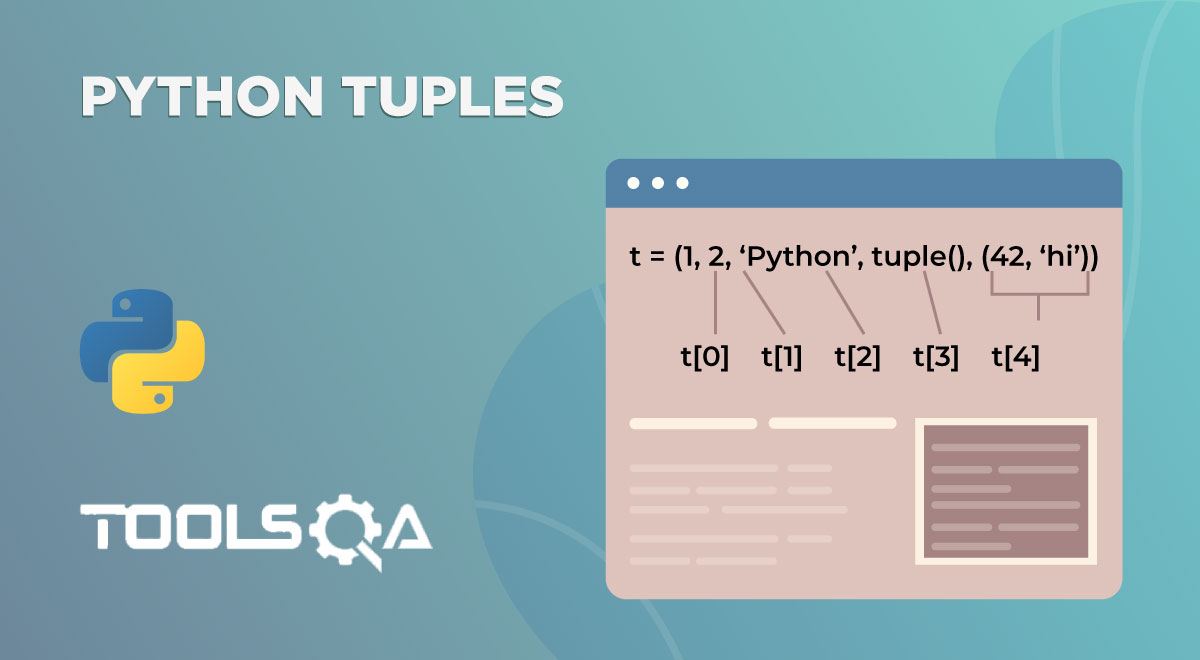Hello all! Welcome to the Python - PCEP [Certified Entry-Level Python Programmer]: Programming Fundamentals in Python (Part 1) course.

What do you need to clear the PCEP exam?
Python Institute conducts a Certified Entry-Level Python Programmer[PCEP] exam. Our course will help you to crack the PCEP exam. In other words, you are at a place where you can learn Python from the Absolute Beginner Level. Additionally, you can learn here everything that is needed to clear the PCEP exam. Therefore, at the end of this course, you will be confident in Python. The wait is over. Let's jump into the curriculum straight away!
Here is a glimpse of the course.
1. Basic Concepts:
Firstly, we will cover all the basic concepts which will get you started with Programming and Python. In other words, one needs to understand some essential parts of any programming language before jumping into the actual coding. Therefore, we will entirely focus on those two critical parts in the next article. Once we understand basics, our journey with the Python code starts. We will cover the following tutorials in this section.
- Intro to the Programming
- Intro to the Python
- Installing Python on your PC
- Writing your first Python program
- Python Variables and Keywords
- Indentation in Python
- Python Literals
- Comments in Python
- print() function
- input() function
- Number Systems
- Arithmetic Operators
- String Operations
- Assignment operator and Shortcut operators
2. Data Types, Evaluations, Basic I/O Operations:
Secondly, we will understand the fact that in any programming language, there is a concept of data types, operators, evaluations, etc. Moreover, they all play an essential role in overall programming. So, we will learn about those concepts in detail in this section. We will cover the following tutorials in this section.
- Operators: Unary and Binary, Precedence of Operators
- Bitwise Operators
- Boolean Operators
- Boolean expressions
- Relational Operators
- Accuracy of floating numbers
- Data Type functions
- print() function formatting
- Typecasting
- Basic Calculations
- String Manipulations
3. Flow Control:
Thirdly, we will understand the Flow Control. It refers to the conditionals and loops in the programming languages. Conditionals allow us to execute some code only if some condition is True. Additionally, Loops allows us to run a specific block of code multiple times. We will learn more about these concepts in the respective sections. We will cover the following tutorials in this section.
- Conditional statements
- Nested conditional statements
- pass keyword
- Loops
- Iterating through Iterators
- Nested Loops with conditional statements
- Controlling loops
4. Data Collections:
Fourthly we will try to comprehend the data collection. What if we want to store multiple elements in a single variable? Data collections store more than one item in them. In Python, we have different data collections like lists, tuples, dictionaries, etc. We will go through all of them in this section. The following tutorials are part of this section.
- Lists Basics
- Working with Lists
- Nested Lists
- Tuples
- Difference between Lists and Tuples
- Dictionaries
- Working with Strings
5. Functions:
Lastly, we will study the Functions. A function is a set of statements with a name. Moreover, we can invoke these functions whenever we need to execute those sets of instructions. In addition to this, it reduces the code that we write. However, let's not go deep here as we'll have enough time to learn functions. The following tutorials are part of this section.
- Defining Functions and Basics
- return and yield Keywords
- None keyword
- Parameters Vs. Arguments
- Positional keyword and Mixed case
- Default parameters
- Conversion of generator objects into iterators
- Name scope in the program
What next?
Kudos to you if you have made it this far !! Your Journey to master the Python has started. While writing these articles, our assumption is that you have no prior knowledge of coding. Hence, all we need from you is your commitment to complete the course! Therefore, stay motivated and be patient and let us first start with understanding What is Programming?
Happy Coding :)
